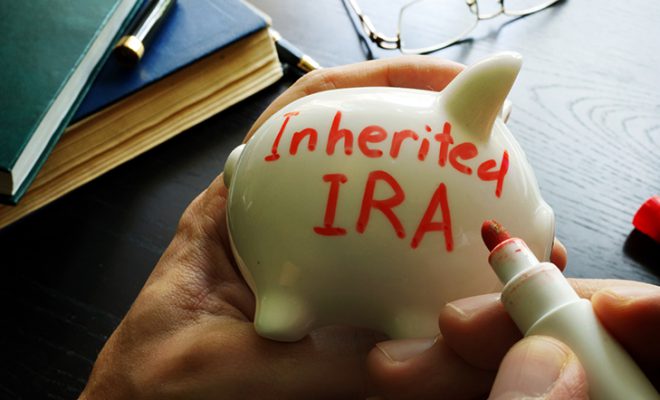How to file to be Executor of an Estate without a Will?

The importance of a will cannot be stressed enough. Apart from mentioning the distribution of a person’s assets and wealth, it also includes information about who would serve as the executor. It is the executor’s role to distribute the assets according to what is stated in the will. At times, individuals do not leave a behind a will. What happens to their property in such a situation? In such cases, the probate court may step in and select someone to perform the duties of distributing the deceased person’s wealth. Although they are called administrators, their role is the same as the executor.
Table of Contents
8 important steps to file for being an Executor in the absence of a will
- Know your eligibility to file for an executor
- Get an estimate of the value of the assets
- Get information from the court about the prerequisites
- Understand the court’s priority of appointment
- Obtain written waivers from other candidates
- File a petition
- Wait for the selection and appointment
- Get the probate bond
1. Know your eligibility to file for an executor
The first and foremost thing to know is whether or not someone is eligible to file for an executor. Some of the basic criteria are: the candidate has to be above the age of 18 years, does not have a criminal or felony record, and is mentally and physically capable to carry out the process.
2. Get an estimate of the value of the assets
When a person files for an executor or an administrator, one of the first information that the court asks for is the value of the estate/assets of the deceased. So, before starting the process of application, one must review the property and ensure that the assets are well quantified.
3. Get information from the court about the prerequisites
The prerequisites and things needed for a smooth asset distribution of the deceased may differ from court to court. Some of the most basic documents needed are the death certificate, a photograph of the deceased, and estimate value of the assets, etc.
4. Understand the court’s priority of appointment
In the absence of a will, the court identifies the executor. It usually selects the surviving spouse of the deceased as first preference. In the absence of a spouse, the next preference are the children of the deceased, or a family member, in the same order of priority. In a number of cases, the court may select the person selected by a majority of the heirs. In cases, when there is a conflict, the court may select the person closest to the deceased. Different states have different rules and regulations regarding who could serve as an executor. For example, a person with criminal records, or a non-resident individual cannot file for an executor.
5. Obtain written waivers from other candidates
A person who wants to file for an executor has to receive waivers from other candidates who could have higher priority. At times there can be a conflict among the heirs of the deceased property. At such times, the waivers are important documents that can speed and ease the process.
6. File a petition
Once the preliminary preparations are done, the candidate must obtain and file a petition. An important thing to know is that usually the probate takes place in the same county where the deceased resided. Hence, the petition must be filed in a court in that county. During the time of filing the petition, the candidate will have to submit the key documents and pay an administration fee.
7. Wait for the selection and appointment
In most cases, once the petition is filed, the court hands over the administrator responsibility to the candidate. However, in some cases, when there is a conflict, there could be a court hearing, in which the court decides who the executor should be.
8. Get the probate bond
A probate bond is a protection for the deceased’s assets, the heirs, beneficiaries and the administrator. It is a common and important practice to obtain a probate bond.
To sum it up
A will is an important document that every person must create. A person must also review the will from time to time and make any amendments that s/he deems necessary. Moreover, one must also ensure that the will includes information about the executor. Otherwise, one has to go through a process to file for an executor of your will.
Want help in creating a will? You can approach financial advisors. They can make the entire estate planning process easier and faster for you.

















